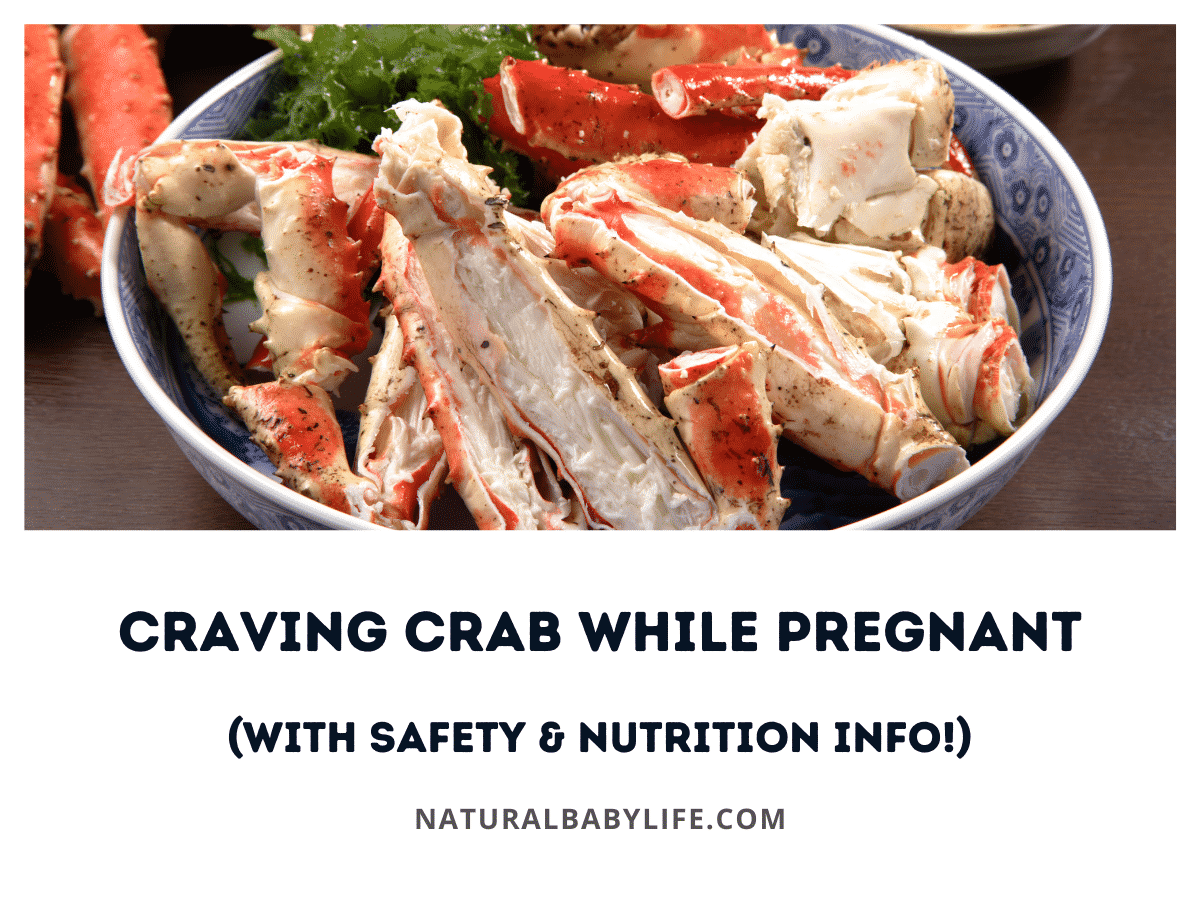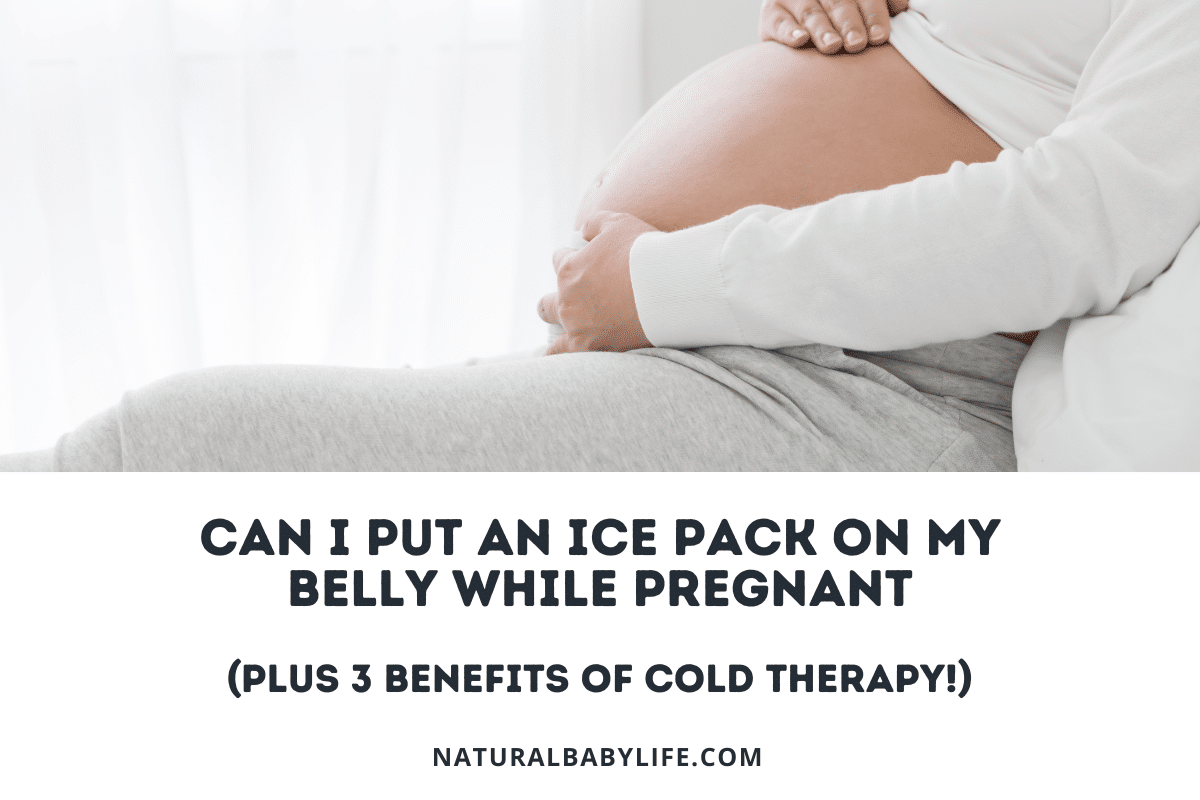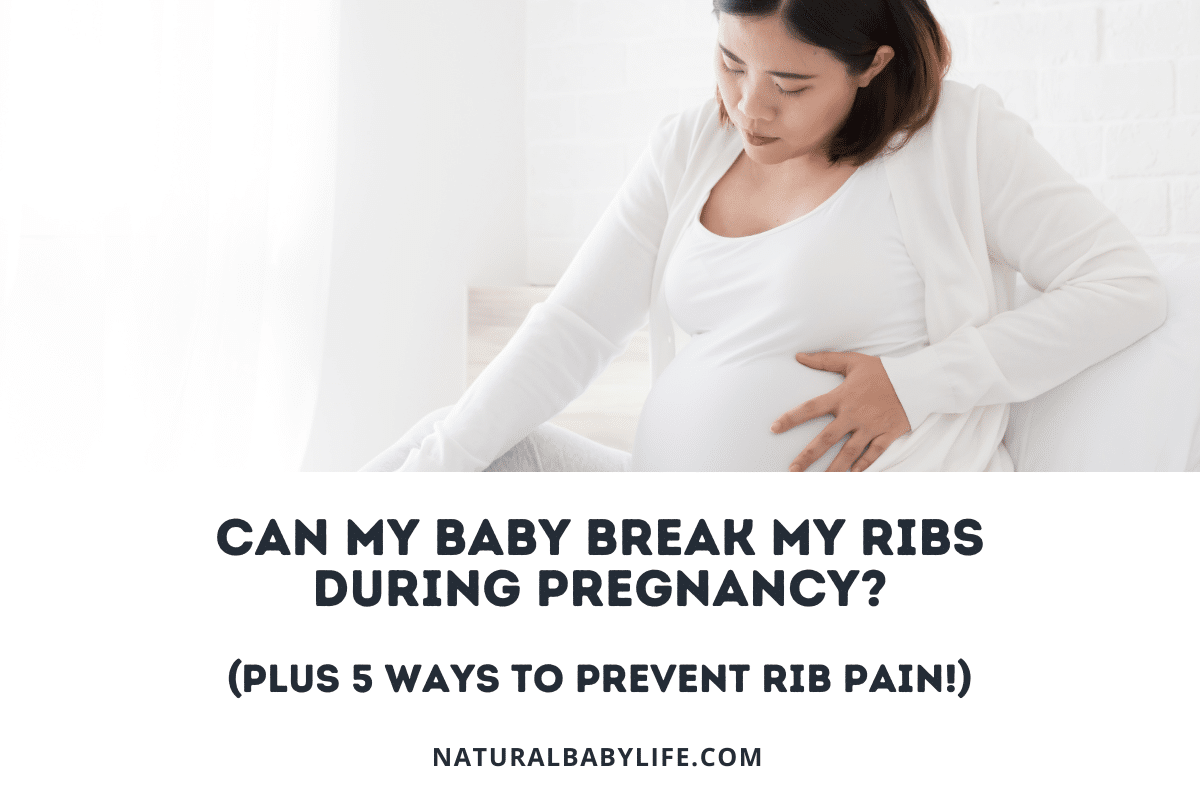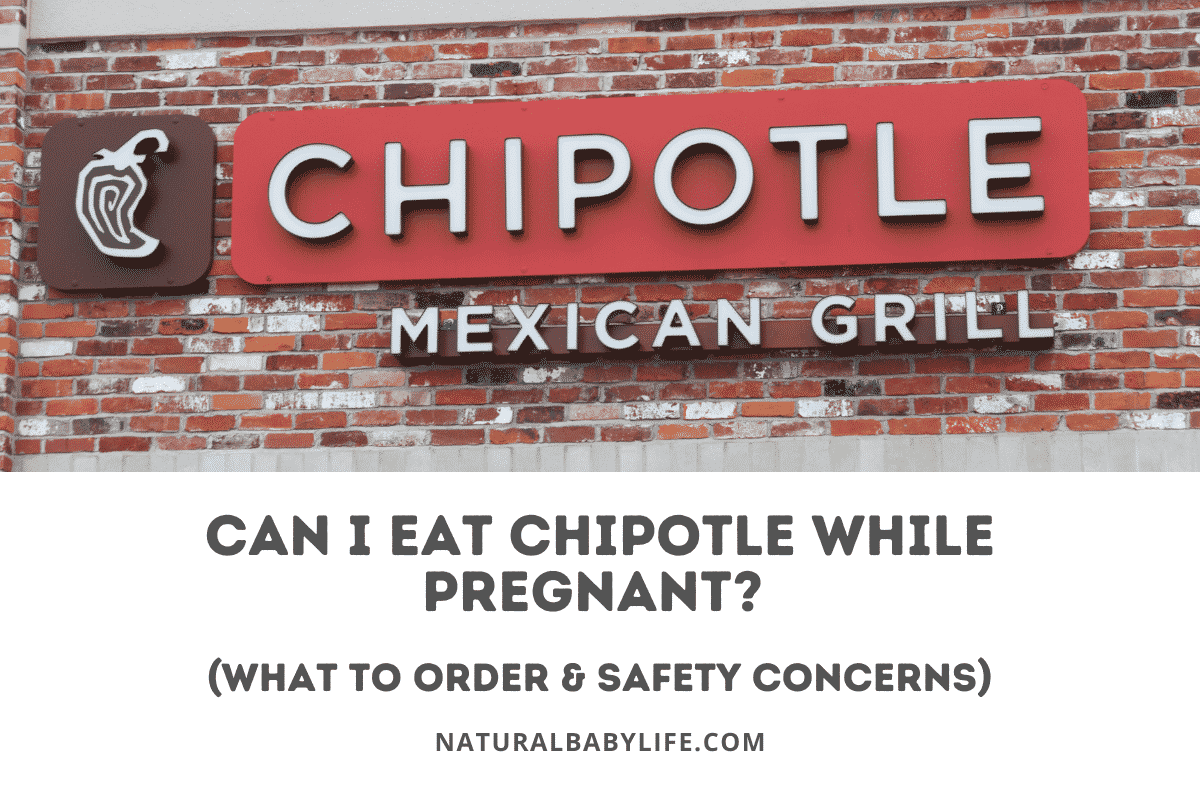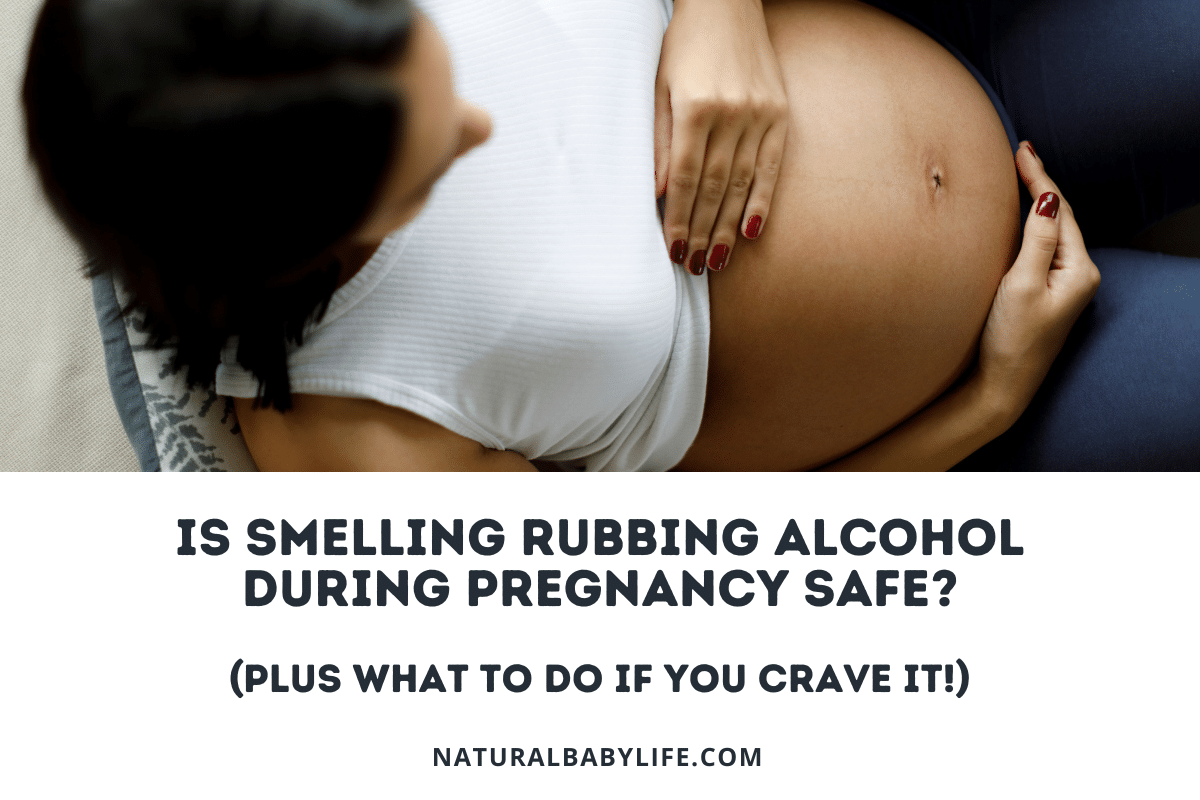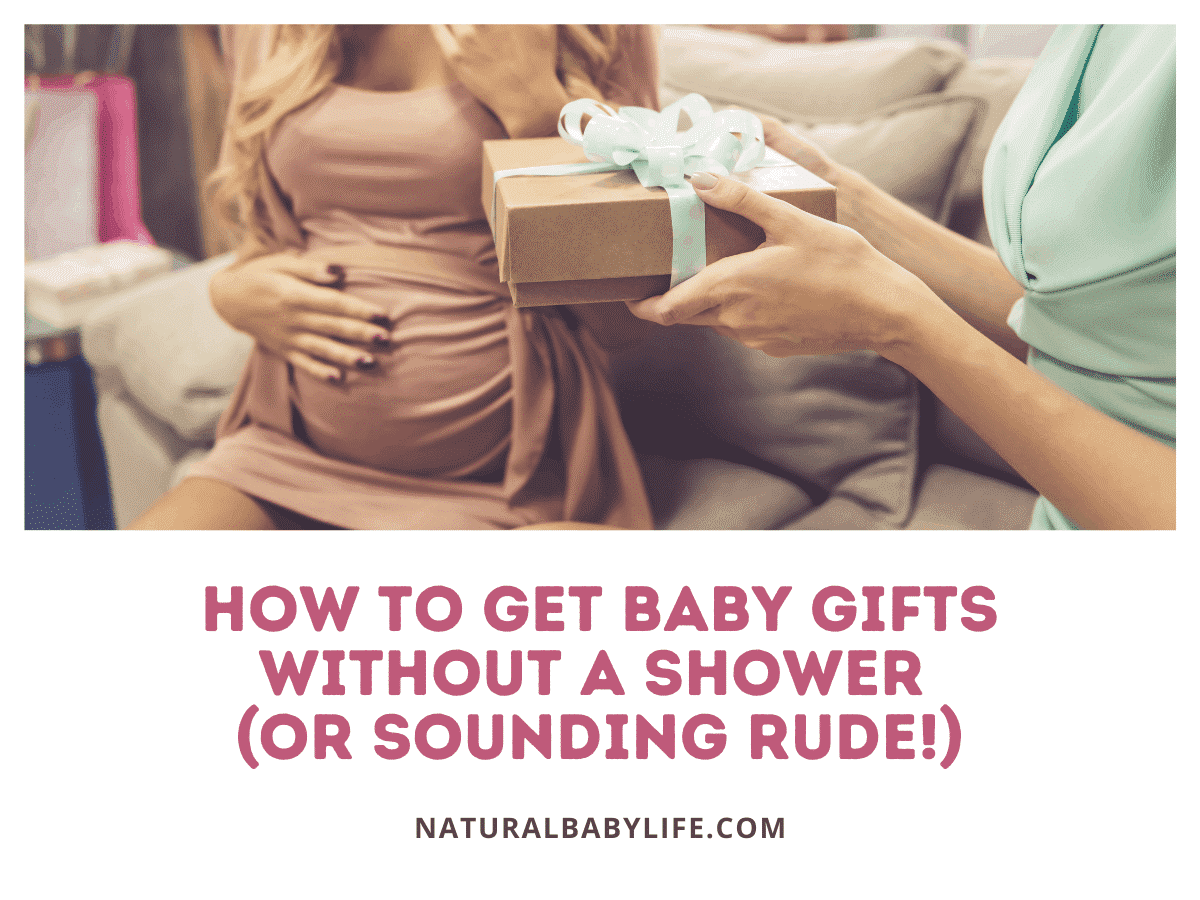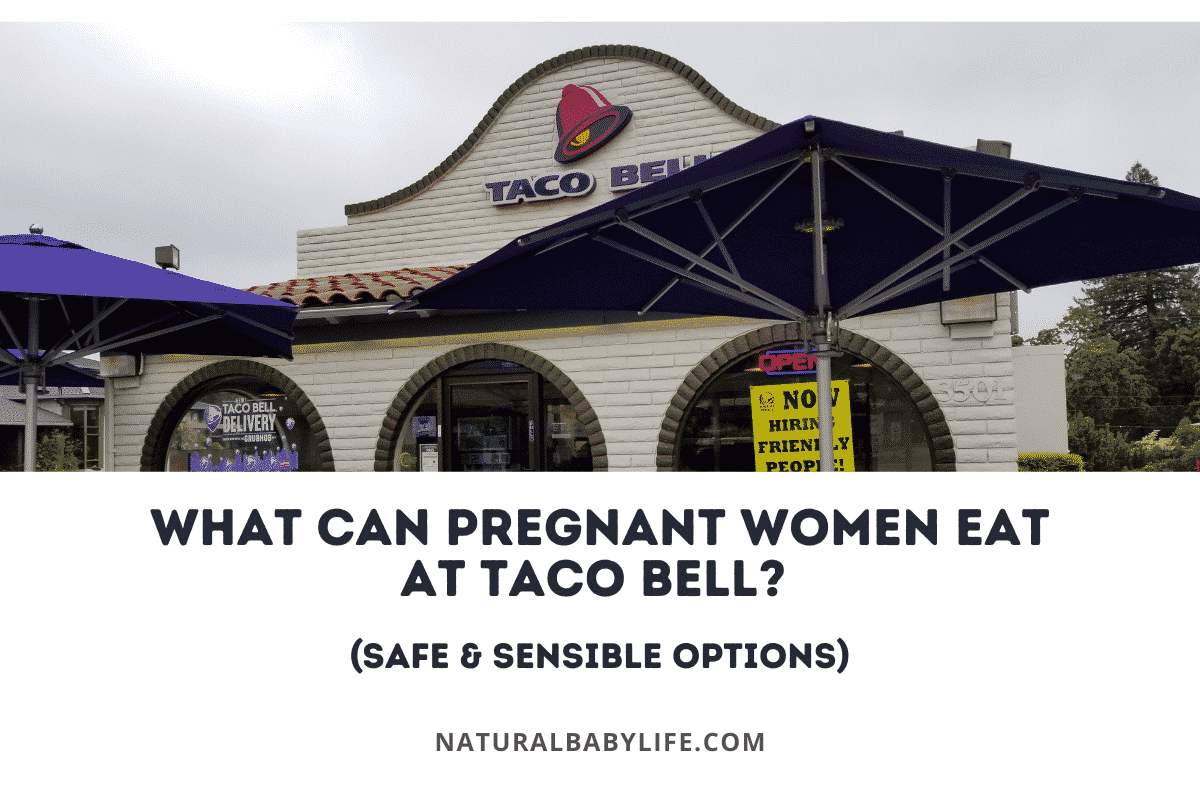Food cravings during pregnancy are extremely normal and considered a sign of a healthy pregnancy. One of the most unusual cravings that women can experience is crab. If you are pregnant and have a sudden urge to eat crab, you may wonder if it is safe to consume.
As long as the crab is properly handled and prepared, it is the safest seafood to consume while pregnant. It is rich in Omega-3, vitamin B12, and folate, all beneficial to your baby. The FDA recommends that pregnant women consume 3-4 servings (8-12 ounces) each week. Imitation crab is also safe to consume, although it has fewer nutrients.
Keep reading as we discuss important information regarding craving crab during pregnancy and the safety and nutritional information that goes along with it.
Table of Contents
Is it normal to crave crab during pregnancy?
According to the Mayo Clinic, fish and shellfish are excellent iron, zinc, and protein sources. All of these nutrients are important in keeping your baby’s fetal development and growth. The Omega-3 fatty acids found in fish are essential in helping a baby’s brain develop.
Not all seafood is safe for consumption during pregnancy because high mercury levels can be passed on to your baby. High levels of mercury are not considered deadly to adults, but when passed on to your baby, it can be detrimental to their health and brain development. Examples of fish that you should avoid while pregnant include swordfish and king mackerel.
Crab and lobster are safe to eat when you are pregnant. Not only is it a safe option to eat, but it will provide a lot of nutritional benefits to you and your baby. Pregnant women who consumed fewer Omega-3 fatty acids are more likely to become depressed during pregnancy and postpartum.
The benefits of eating seafood don’t end there. Children of pregnant women who consumed at least two servings of seafood per week performed better on intelligence and behavioral tests than children of women who did not consume enough seafood.
When do women crave crab during pregnancy?
Every pregnancy is different, and you can crave crab at any point.
Cravings in pregnant women typically develop during the end of the first trimester, throughout the second trimester, and taper off in the third trimester.
The reason for the peak of cravings in the second trimester is that the morning sickness typically is all gone during this time and food sensitivity to taste and smell goes away.
While crab is one of the safest types of seafood that you can consume while you’re pregnant, make sure you are consuming it in moderation.
Is it okay to eat crab while pregnant?
According to the US Food and Drug Administration, cooked crab is one of the best seafood choices to eat during pregnancy.
Crab has many nutrients like Omega-3 fatty acids, vitamin B12, and folate that are all important in keeping you healthy and your baby.
It is important to make sure that the crab you are consuming is cooked properly. It is recommended that you only consume fish and shellfish when they reach an internal temperature of 145°F.
Another important thing to consider when consuming seafood is your local and county fishing advisories.
Certain types of crab are higher in sodium or cholesterol content, but it is not an issue if you are consuming it in moderation. If you are concerned about consuming crab during your pregnancy, you should also consult your doctor.
Can you eat crab during the first trimester?
Raw fish or food should not be consumed during pregnancy because it increases your chance of getting listeria.
As long as it is cooked properly and handled safely, crab is a great source of nutrients for any trimester that you are in.
Stay away from fish that are high in mercury, like mackerel, swordfish, and sharks.
How much crab can you eat while you are pregnant?
According to the FDA and EPA, pregnant women should consume 8 to 12 ounces of seafood per week. This is equivalent to two to three servings per week.
You can consume a variety of seafood that is lower in mercury, and you have to make sure that it is properly handled and cooked accordingly to prevent any contamination.
Is crab meat healthy for pregnant women?
When you are pregnant, it is important to eat a healthy and balanced diet.
Crab is a rich delicacy that is a little salty with a natural mineral sweetness. Because of this balance between sweet and salty in rich and comforting food, it is no wonder that pregnant women often crave crab in their diet.
Crab is rich in vitamin B12, folate, iron, niacin, selenium, and zinc. A one-cup serving of cooked crab contains 97 calories, 21 grams of protein, and less than 1 gram of fat. Crab is considered a healthy and nutritional option when it comes to seafood because it does not contain any carbohydrates, fiber, or sugar.
The Omega-3 acids that can be found in crab are essential to keeping your heart healthy and help lower triglycerides, preventing blood clots. Vitamin B12 and folate can also help prevent vitamin deficiency anemia.
Research has also shown that people who consume seafood at least once per week have a lower chance of developing dementia or Alzheimer’s disease.
Is crab high in mercury?
Crab has 0.065 parts per million in mercury content which is on the lower side when it comes to mercury levels and seafood. There are many types of crab that you can choose from, including King Crab, Dungeness Crab, blue crab, and snow crab.
Mercury is normally found in fish and shellfish, and crab has the lowest mercury levels compared to other kinds of seafood. That being said, it is still important to consume crab in moderation.
King Crab is the safest and most secure choice because it has the lowest mercury levels compared to other types.
Mercury can affect the fetal health and development of a baby, which is why it is important to be aware of the different types of seafood you are consuming while pregnant.
Can you eat imitation crab meat while pregnant?
Imitation crab is a popular alternative to real crab because it is cheaper and tastes almost the same. It is made out of surimi, a paste of pulverized or finely shredded fish. Surimi is often made out of pollock, which is typically used to make fish sticks or breaded fish.
To make the surimi stick together, a binding ingredient is added. This binding ingredient can be starch, egg white, or vegetable oil. After mincing, the fish is heated and molded into shapes as it comes out of a crab leg. Imitation crab resembles the look, color, and taste of real crab but for a lower price.
Since imitation crab is cooked, you can consume this while pregnant, but you have to be aware that it will not have the same nutritional value as real crab.
Imitation crab has more carbs than actual nutrients. The nutrients you can find in a real crab are not in imitation crab since its natural nutrients are lost when washing and processing.
What does it mean if you crave crab while pregnant?
It is a popular old wives’ tale that when you are craving something specific when you are pregnant, this is a way of your body telling you that you lack a specific nutrient.
If this holds, this means that if you are craving crab, your body might be missing its recommended protein intake.
Does craving crab while pregnant means it’s a boy or girl?
It’s always fun to speculate on the gender of your baby, depending on what type of food you are craving.
According to a popular wives’ tale, if you are craving seafood or crab, you are most likely pregnant with a girl. However, it is important to know that there is no medical study that supports this.
Your food cravings will not dictate whether you are having a boy or girl.
If you want to learn more, I have a HUGE list of the most common pregnancy cravings just for you!

